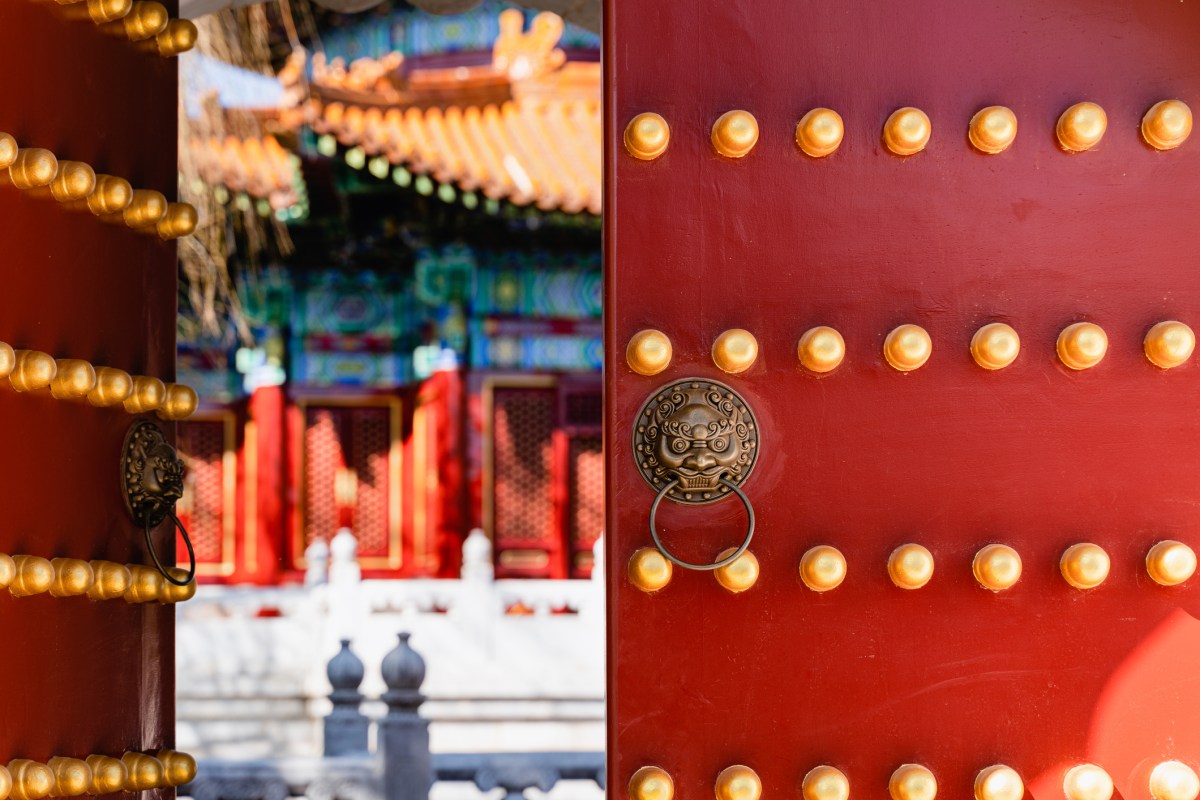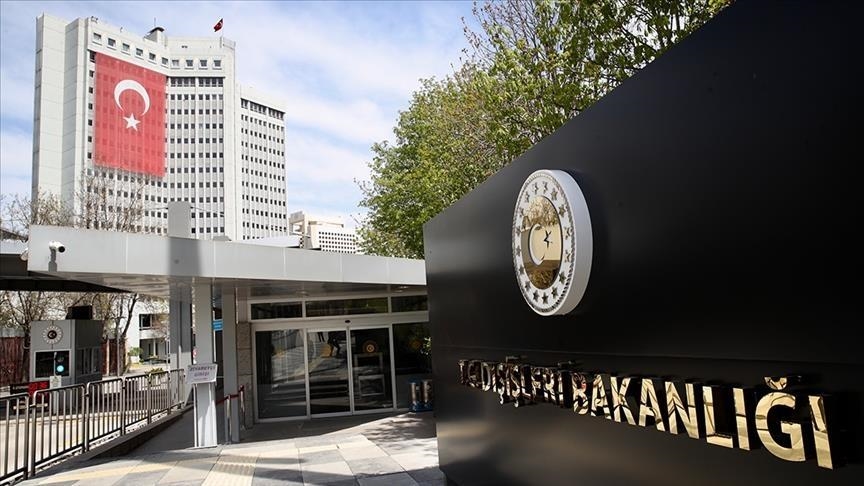Turkey: Anti-Turkish rhetoric must stop
"Some members of the Governing Council have started doing politics over us. We are very disturbed with that. We have clearly told the United States about our discontent," Foreign Minister Abdullah Gul said Friday.
Despite Parliament’s go-ahead, a Turkish military deployment in Iraq would not take place before critical details, such as the number, location and transportation route of troops, are set in future talks with U.S. officials.
These talks are expected to be concluded in one or two months at latest but a deal could be reached much earlier, in weeks, said Turkish diplomatic sources in Washington.
But remarks in objection to Turkish troops from within Iraq, mostly among Kurds of the country, appear to be annoying the government. Turkish officials in Ankara said that talks that would focus on details were unlikely to start before Iraqi groups start talking favorably on a Turkish military mission.
Ankara expects Washington to convince Iraqis to change their attitude towards a Turkish deployment, said the same sources.
Some members of the Iraqi Governing Council have expressed opposition to plans to deploy Turkish troops in Iraq, saying this would bring instability and Ambassador Paul Bremer, who is heading the U.S. civilian administration in Iraq, has told the council that the authority to decide on security matters belonged to the U.S. administration and not to Iraqis.
Foreign Minister Gul, speaking at the end of two-day meetings with foreign ministers of Mediterranean countries, said Turkey did want the council to play an important role in the Iraqi transition period but warned none of the council members should attempt to use Turkey for their political goals.
"Turkey would go, if it decides to go, to Iraq not to suppress its people but to help meet their needs," Gul said, emphasizing that a one-year limit specified in the motion passed by Parliament was indicative of Turkey’s intention not to stay long in Iraq.
Prime Minister Recep Tayyip Erdogan expressed Turkey’s unease at a meeting with a group of visiting U.S. congressmen, headed by Senator Mitch McConnell, senior member of the Appropriations Committee.
McConnell, who spoke to reporters after the meeting, pointed out that they were grateful for the decision taken by Parliament on the dispatch of Turkish soldiers to Iraq, noting that this was a decision that might contribute to formation of a free Iraq.
"We know that there are concerns among some members of the Governing Council. We know there are concerns among some parts of the Iraqi population. And we want to work with the Iraqis, want to work through those concerns and find a way where Turkish troops can make a contribution to the future stabilization and the future prosperity of Iraq," State Department Spokesman Richard Boucher said Thursday.
Turkey wants assurances on PKK, Makhmur camp
Diplomacy in Turkish and U.S. capitals sped up following the passage of government motion to send troops to Iraq, with two separate Congress delegations holding talks in the Foreign Ministry and government leaders Friday and Turkish Ambassador Faruk Logoglu meeting Pentagon officials in Washington.
Logoglu was expected to meet Deputy Secretary of Defense Paul Wolfowitz Friday.
On Thursday, Turkey and the United States had first contact following the parliamentary approval, when U.S. Ambassador in Ankara Eric Edelman met Foreign Ministry Undersecretary Ugur Ziyal.
The two sides had an exchange of view on what steps to take after the parliamentary permission has been obtained and discussed "where they stand now" in the meeting, diplomatic sources said.
But there was no time-frame on when formal talks on technical details of a Turkish military mission in Iraq would start. Turkish officials denied media reports that talks could start by the beginning of next week, saying the forecast was too early.
Critical issues to be tackled include where to deploy Turkish troops in Iraq and how to transport troops to their duty areas.
Media reports said Turkey and the United States were at loggerheads over the location, with Turkey requesting north of the capital and Washington offering the west of Baghdad, towards the Syria-Jordan border.
Turkey also wants a supply line for its troops passing through northern Iraq, a demand rejected by Kurdish groups running the region since the Gulf War of 1991. Turkish military officials quoted by private NTV television said a supply line outside northern Iraq would be unacceptable for Turkey because all other countries in the coalition have been using that route.
In a sign of Turkey’s willingness to transfer its troops through northern Iraq, reports said Ankara was planning to open a new border gate with Iraq. Diplomatic sources declined to suggest a link between troops and the border gate plans, saying a second gate was already a necessity in the face of growing commercial activities with Iraq, humanitarian aid transfers and transfer of supply materials to U.S. forces.
In addition, another thorny issue is the way to tackle the Kurdistan Workers’ Party (PKK) presence in northern Iraq.
Turkey has wanted firm steps against the terrorist group and the issue of measures to eliminate the PKK is expected to be high on the agenda when Turkish and U.S. officials meet to discuss plans to send Turkish troops to Iraq.
Reports have said that Turkey would also demand steps from Washington to dismantle a U.N.-run refugee camp in Iraq, populated by Turkish Kurds who fled their homes in southeastern Anatolia in the 1990s, at the height of war against the PKK.
The camp population comprises mostly civilians but the PKK militants have a strong grip on the camp.
The United States has so far referred Ankara’s calls for dismantling of the camp and return of its population back to Turkey to the United Nations. One Turkish diplomat in Washington said that Turkey did not see this sufficient now.
Turkish General Staff is expected to brief the press on Sunday on plans to send troops to Iraq, news reports said Friday.



